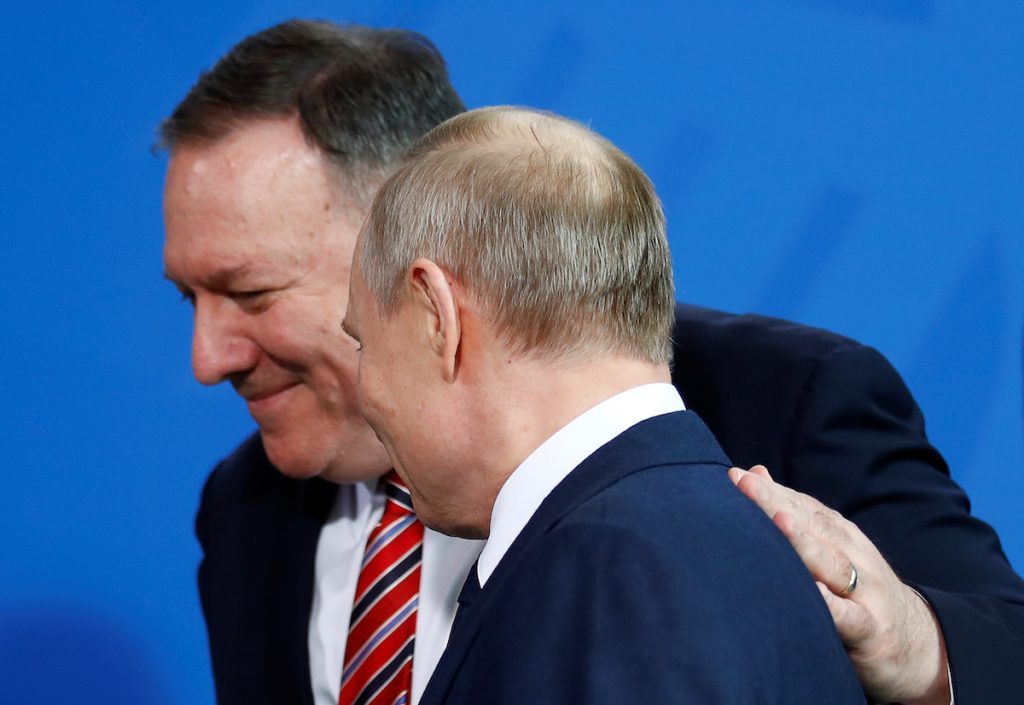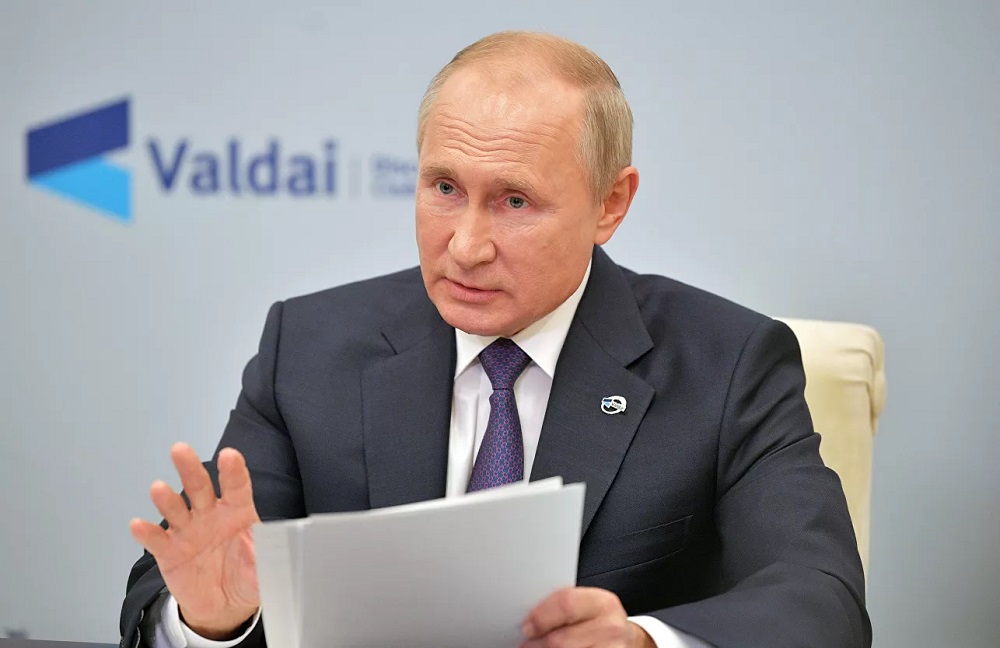Who will help solve the Karabakh conflict – Washington or Moscow?
US Secretary of State Mike Pompeo will meet separately in Washington with the foreign ministers of Azerbaijan and Armenia on October 23.
But in the opinions of many local and international experts presented below, these discussions are unlikely to lead to any practical results and help stop the hostilities of the Azerbaijani and Armenian armies in the Karabakh conflict zone.
As a result of the fighting that has continued in the Karabakh conflict zone since September 27, according to official data, 927 soldiers from the Armenian side have been killed. Azerbaijan has not published data on military losses. On October 22, Russian President Putin publicly announced Russian data on the losses in this conflict, and claimed nearly 5,000 people had died.
Over the past few days, including immediately before this meeting, large-scale battles have been going on with the use of artillery, missiles and drones, and the leaders in Baku and Yerevan are tightening their positions.
Azerbaijani President Ilham Aliyev in an interview with the Japanese newspaper Nikkei on October 22 called the prospects for achieving a peaceful settlement “ghostly”. The day before, Armenian Prime Minister Nikol Pashinyan said that at this stage he did not see a diplomatic solution to the protracted conflict.
Before the meeting in Washington, Russian President Vladimir Putin spoke publicly, including expressing the hope that the United States would work with Moscow to resolve this conflict.
During his speech at a meeting of the Valdai Discussion Club, Russian President Vladimir Putin touched upon the war in Nagorno-Karabakh
Moscow has already twice since the beginning of this confrontation on September 27 managed to bring the parties to a ceasefire agreement – on October 10 and 18. However, both times the truce was violated very shortly after the signing.
• Karabakh, fighting and negotiations. Hourly updates, video/photo. Oct. 23
• War through the eyes of soldiers. Video from Nagorno-Karabakh
• Azerbaijani city of Ganja hit by second missile strike, dozens amongst dead, wounded. Video
Commentary from Baku and Yerevan on the situation now
Armenia
Hakob Badalyan, political observer of Lragir
“In his speech (October 22), Putin actually admitted that Russia cannot curb the aggressive ambitions of Erdogan (Turkish President) and is forced to compromise with him.
In this context, noteworthy are Putin’s words that he expects US assistance in the settlement.
This is perhaps the most important part of what he said about the conflict.
Putin’s words that Erdogan is pursuing an independent policy sounded like a compliment – and at the same time as a hint that Erdogan’s ‘hands had been untied’, including to take action against Russia.
But why should the United States restrain Erdogan, if in recent years Putin has behaved rather erratically in his own relations with the west?
If Putin expects US help, what is Russia ready to do for this? After all, Washington will have its own expectations. And this may be an expectation in a broad sense – that Russia should stop speaking from a position of strength. Will Putin agree to this?”
Azerbaijan
Tofig Zulfugarov, former Minister of Foreign Affairs of Azerbaijan
“[Putin’s speech] means that Russia’s position can be called neutral – with some pro-Armenian propaganda shift.
What caused this position? I would point out three main factors:
1. Loss of Russia’s interest in strategic partnership with Armenia – too many real problems and few political dividends.
2. Reorientation of the Armenian public, and not only Pashinyan, from “pro-Russian” to “pro-Western”, that is, a new civilizational choice.
3. Swift and decisive military-political activation of Turkey’s position in the South Caucasus, which is supported by the United States.
And most importantly, a new, open demonstration by the President of Azerbaijan and the people of their readiness to restore the territorial integrity of the state.
This is a new status quo and a new line of contact will be formed under its influence”.




















